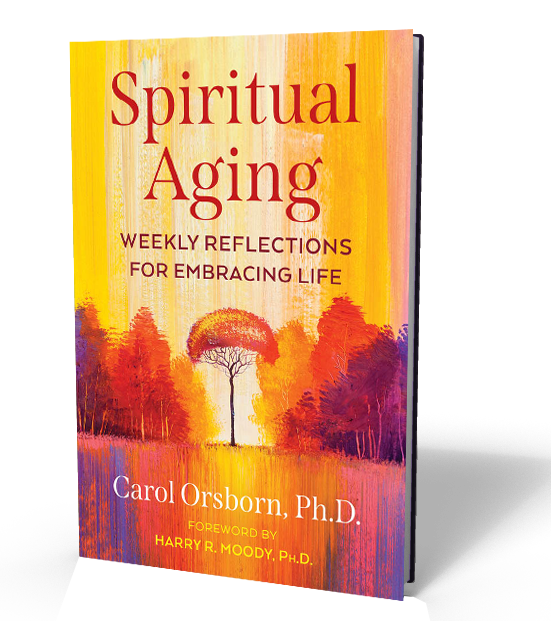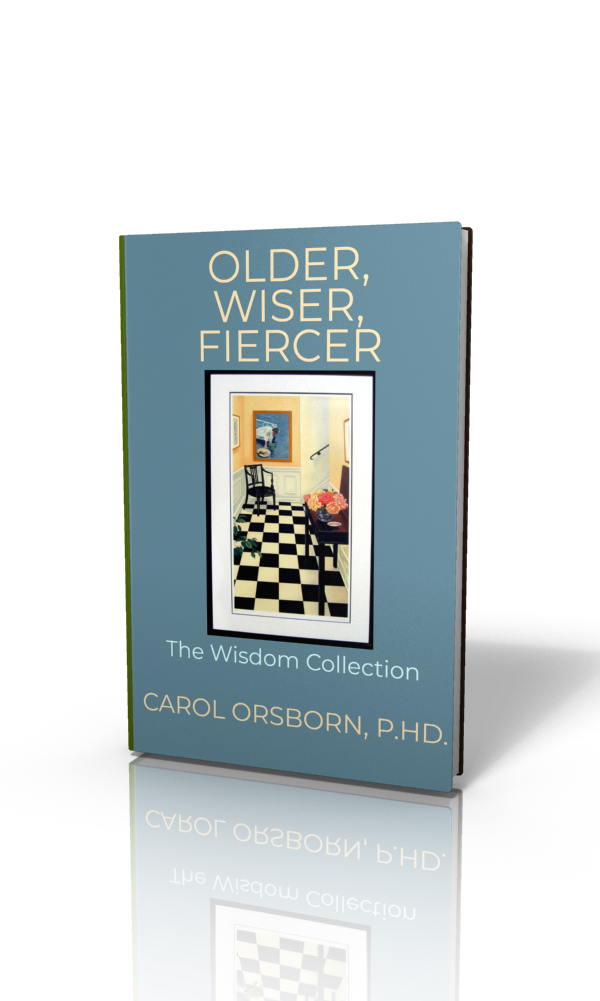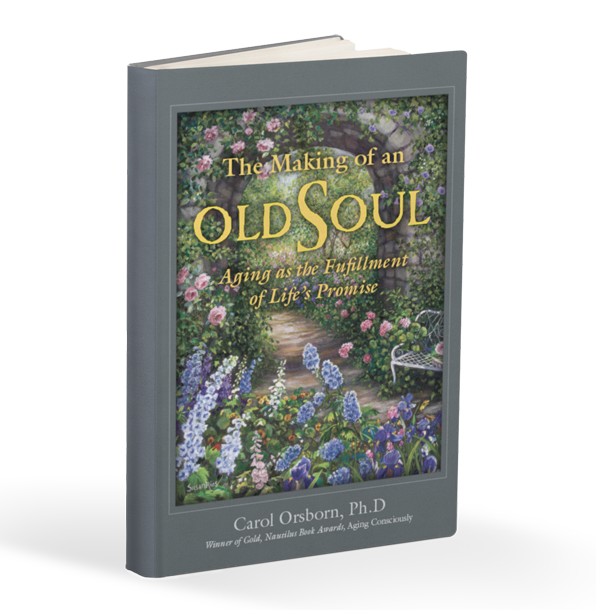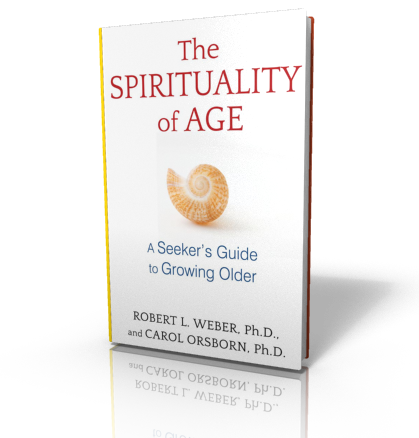This compelling new novel by Carol Orsborn tells the story of Angelica Goodman Banks, a celebrated self-help guru facing a mortal illness. Angelica’s Last Breath inspires us to ask whether it could be possible to make peace with our past, present and future earlier than one’s last breath— with time to spare? The book is as honest and engaging as it is spiritual, pointing the way towards a triumph of the spirit that leaves nothing out.
Dear Readers,
I hope you have enjoyed Angelica’s Last Breath and would like to take your interaction with the book to a deeper level, either on your own or in a group setting.
For starters, I recommend reading my essay “About the Book” which provides background and context for readers with a particular emphasis on my discovery and involvement with Leo Tolstoy’s The Death of Ivan Ilyich. To read About the Book, Click HERE.
Below are prompts to help you either write your responses in your journal, or to discuss with others. Subscribers to Older, Wiser, Fiercer and Fierce with Age are engaged in an ongoing online conversation on this book as part of the Conscious Aging Book Club. To read my blog on the subject of this book, follow my prompts and join or start a conversation, click HERE.
FOLLOWING ARE SEVEN PROMPTS FOR CONVERSATION:
Discussion Point One
“Try to live with the part of your soul which understands eternity, which is not afraid of death. And that part of your soul is love.” –Leo Tolstoy
“When someone is on the point of leaving this world…
the Shechinah shows herself to him, and then the soul goes out
in joy and love to meet the Shichinah.” –Zohar III, 53a (Kabbalah)
Carol Orsborn cites these two passages at the beginning of Angelica’s Last Breath, the first is from the Christian tradition, the second Jewish. Do you resonate with either/both of these quotes? Do they sound compatible with your understanding of your own tradition or spirituality? In what ways are they similar-in what ways are they a departure or advancement?
Discussion Point Two
Angelica’s Last Breath was inspired by 1886 classic The Death of Ivan Illyich, which centers on the death of a Russian functionary and is taught in many medical schools to future doctors. Do you think the medical community would also benefit from Angelica’s Last Breath, which is a western interpretation focusing on a contemporary woman’s experience not only of her own dying process, but how she is regarded by the medical community? If you’ve read both works, compare and contrast your response to Ivan and Angelica’s parallel stories.
Discussion Point Three
At Angelica’s funeral, there are many responses to the fact of her death, and to death, in general. Do you share any of the points of view about death that were shared, ie “Thank God it was her, not me”, that you “don’t do death well”, survivor’s guilt and so on. What do you think a healthy, appropriate response to death might be?
Discussion Point Four
As Angelica’s illness advances, she is focused more and more on “the lies.” What lies do you think Angelica is referring to? What are the illusions and falsehoods in your own life that keep you and others from being as authentic as you and your relationships could otherwise be? What have you overcome in order to establish a greater degree of authenticity in your life?
Discussion Point Five
When a friend becomes ill, does it come naturally to you to know what to say, especially if it’s something serious? How would you like people to act towards you if you were to become ill? If you’ve already been in a serious situation, what are some examples of what made you feel better/worse?
Discussion Point Six
One of the few people who brought Angelica a sense of peace was the hospice nurse Letty. What was it about how Letty approached her life, illness and death that comforted Angelica in ways the other caregivers and visitors did not? Based on Angelica’s admiration of the simplicity and honesty of Letty’s life, how might Angelica have wished she could have lived differently? Is there anything of this you could apply to your own life now?
Discussion Point Seven
What did Angelica learn about the meaning of life-and of death? If she had these realizations earlier in her life, how could her attitude about her life, and death, have been different? Having read this book, what is something you’d like to do differently in your own life?
______________________
To Buy Angelica’s Last Breath in Kindle or Paperback Version, click HERE
To Read an Excerpt of the book, click HERE
For the Biography of the Author and Endorsements, click HERE
To Join the Conscious Aging Book Club Discussion about the book, click HERE








